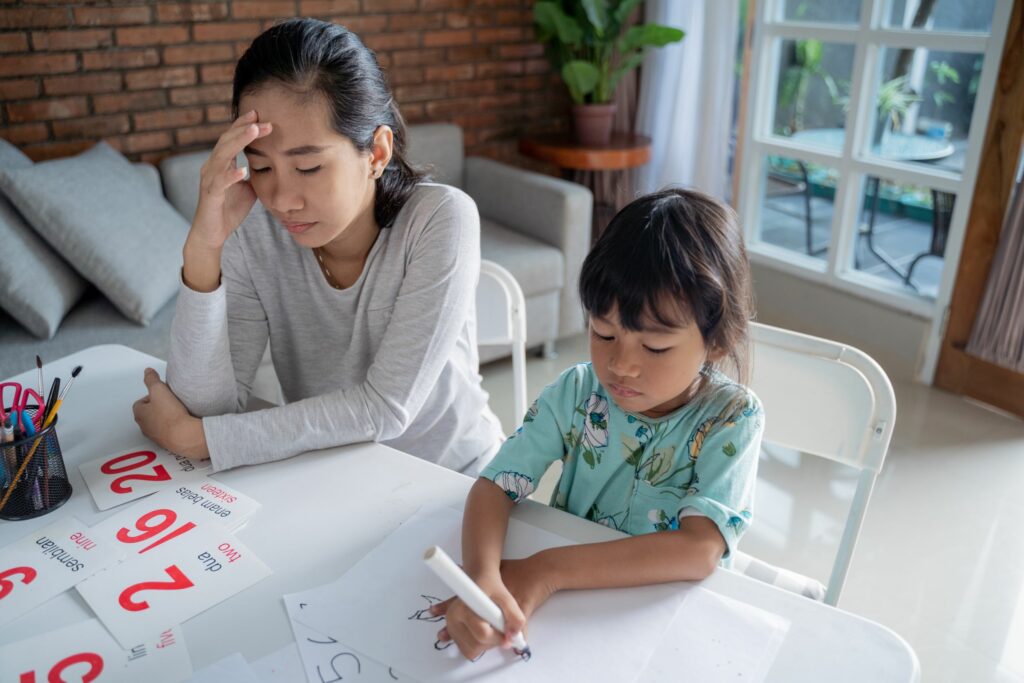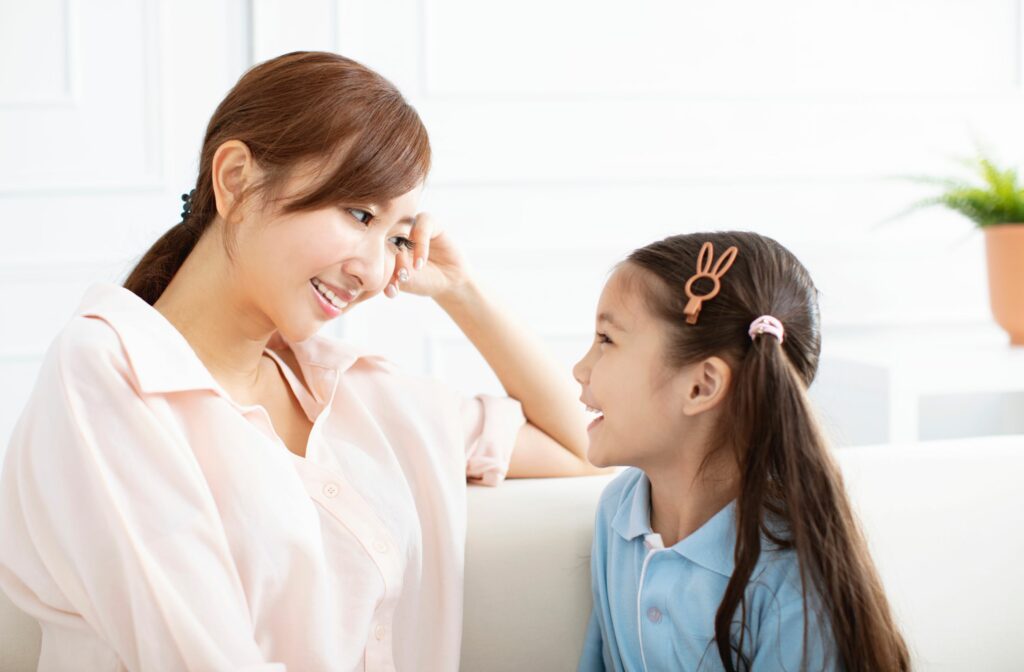Parents Zone
February 2023

Source: Shirley Loo, Executive Director, Family Development Foundation
Reading habits are best cultivated from a young age, and every school and every teacher should encourage students to read. I think a “book” at the starting line, which is a book, will allow children to win at the end of the line. It can be cultivated in infancy. There are many kinds of books available for babies, such as Muppet books, soft books, books with no words and only pictures, and many tactile ones. Let him try to open and read books.
In addition, there are many parents who wonder whether it is necessary to recognize words from reading. A book has its own gold house, meaning that as long as it’s well-read, wealth and profit will come naturally. There is a beautiful world in books. First, do you know what the most important thing is? It is to pick up a book, and parents should like to read. If you don’t like to read but you keep telling your child, “Read it,” how will he read it? Will he see the side shadows of his mother and father reading? I always say you can pick up a book and say in amazement, “Look at this book, it’s cute!” “How cute is this little bird!” This entices children to read it.

And should we tell the story from beginning to end? This is not necessarily the case, you may see a picture here. Then you can ask, “Guess what she went into the kitchen to do?” When he can’t understand the story, you can make him feel it and let him guess, and there are other ways to play. You should not underestimate children; their powers of observation and the density of their minds are usually far beyond what parents can imagine.
Parents can also teach him to count things, such as by asking him the time shown in the storybook. I often feel that reading is not straightforward. We want him to be interested in the pictures in books, and the second level is to learn to read, memorize, and write.
In fact, we can also incorporate some of the stories in books or character settings into the challenges or new environments that he may face in the future so that he can experience them in books. When K2 or K3 children have more vocabulary, they can even sit and listen to you tell stories. However, many parents feel that their storytelling is not vivid enough. But it doesn’t matter because you are the best storyteller for him since you are his mom and dad.

It’s not necessary to read the story, but I think it’s better to make it oral so that he feels it fits the scene. If most of the family speaks Cantonese, you want the story to penetrate his mind, of course, in the language he is most familiar with. I think the most important thing is to be close to his life, to his language, and to his interests. The most important thing is that the parents read the book first so that they can instill a strong infectious power in their children!



































